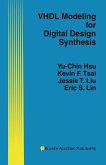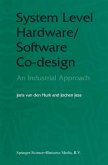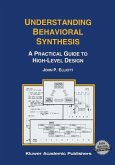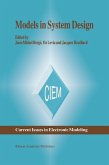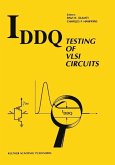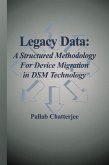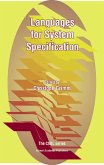I am glad to see this new book on the e language and on verification. I am especially glad to see a description of the e Reuse Methodology (eRM). The main goal of verification is, after all, finding more bugs quicker using given resources, and verification reuse (module-to-system, old-system-to-new-system etc. ) is a key enabling component. This book offers a fresh approach in teaching the e hardware verification language within the context of coverage driven verification methodology. I hope it will help the reader und- stand the many important and interesting topics surrounding hardware verification. Yoav Hollander Founder and CTO, Verisity Inc. Preface This book provides a detailed coverage of the e hardware verification language (HVL), state of the art verification methodologies, and the use of e HVL as a facilitating verification tool in implementing a state of the art verification environment. It includes comprehensive descriptions of the new concepts introduced by the e language, e language syntax, and its as- ciated semantics. This book also describes the architectural views and requirements of verifi- tion environments (randomly generated environments, coverage driven verification environments, etc. ), verification blocks in the architectural views (i. e. generators, initiators, c- lectors, checkers, monitors, coverage definitions, etc. ) and their implementations using the e HVL. Moreover, the e Reuse Methodology (eRM), the motivation for defining such a gui- line, and step-by-step instructions for building an eRM compliant e Verification Component (eVC) are also discussed.
Dieser Download kann aus rechtlichen Gründen nur mit Rechnungsadresse in A, B, BG, CY, CZ, D, DK, EW, E, FIN, F, GR, HR, H, IRL, I, LT, L, LR, M, NL, PL, P, R, S, SLO, SK ausgeliefert werden.



